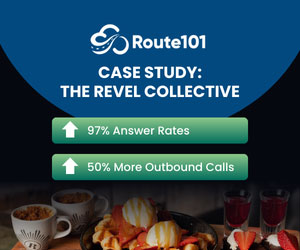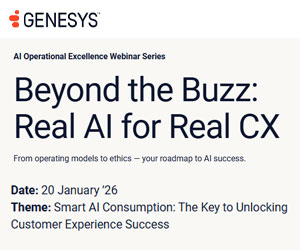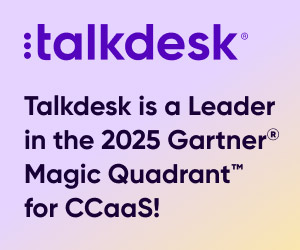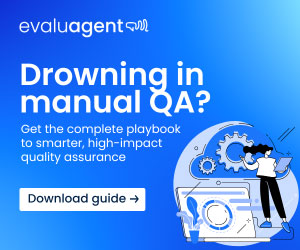The physical world in which we live is unforgiving
Which is to say that it works as it works, and pays no heeds to our needs-wants-desires-preferences. If you choose to jump from a tall building without a parachute or other safety tools, you will pay a price: death and/or seriously injury to yourself and possibly others. If you choose to send a rocket into space then you must pay the price in terms of engineering talent, tools, equipment, fuel, time….
What about the organisational worlds in which we expend our lives?
Are these organisational worlds forgiving as opposed to unforgiving? Do our beliefs-needs-wishes shape organisational worlds such that we do not have to pay a price for our choices-actions?
As I look back on my 25+ years of working in business, it occurs to me that the lived answer to the question is “Yes!” Yes, we can take a course of action, hope for the best, and it will work out. Yes, if we exercise our intelligence-cunning we can escape paying the price. Yes, the organisational/social world is unlike the physical world, we can seduce these worlds to bend to strategic intent, our plans, our desires-wishes.
Is this way of showing up and travelling in organisational worlds limited to the Bottoms? No. My lived experience suggests this way of showing up and travelling in the world is widely dispersed, almost ubiquitous, at all levels of the organisation: Tops, Middles, Bottoms. It occurs to me that whilst this may be accurate, it is not true. So what is true? My experience suggest that this mode of showing-up and travelling in the world is most intense-pervasive with the Tops and least so with the Bottoms who work at the coal face.
The Law of Life? There Is Always A Price And It Is Always Paid
Having spent some 25+ years at the coal face of organisational life, in particular working on all kinds of organisational change and business performance improvement initiatives, allow me to share with you that which I call the ‘Law of Life’:
There is ALWAYS a price. It is ALWAYS paid. We only get to choose whether we pay the price right up front, during the middle, or at the end.
Let me elaborate on this a little:
- Everything that exists, exists in relationship, hence interdependency is the fundamental characteristic of life. We recognise this interdependency when we talk about the system and systems thinking.
- At the level of the system there is always a price and the price is always paid. It does not matter whether we want to pay the price or not. Nor the amount that we want to pay. The system determines the price. And the system extracts the price. Yet it is flexible on when the price is paid – it allows us some element of choice as to when we pay the price.
- We, the organisational actors who are an intrinsic part of the system, can choose to pay the price right up front, during the journey, or at the end of the journey.
- The wise-experienced-courageous tend on the whole to pay the price (demanded by the system) right up front (or as near to the front as practically possible) and thus forego all the additional pain-suffering that goes with paying the price during the middle or at the end.
What Does This Have To Do With Customers?
You may be asking yourself what does this have to do with customers? Allow me to answer this question by walking through a typical CRM or Customer Experience initiative.
I say that CRM and Customer Experience are a game of cooperation not technology. What do I mean? I mean the technology piece is the easy piece. The real challenge is dealing with all the needs to be dealt with to call forth genuine cooperation from all the parts that have to cooperate for the dream of CRM and Customer Experience to bear the fruits that the gurus and academics promise so seductively.
So the price that needs to be paid is all that it takes to let go of history and co-create a promising future. Allow me to illustrate the degree of challenge that I am thinking of when it comes to large organisations – the ones that I work with. Think back to South Africa and the release of Nelson Mandela. The challenge was that of dealing with division and creating co-operation. What did it take? All that went with the Truth and Reconciliation Commission: the practical aspects (budget, people, buildings, equipment, processes, technology…) and the human dimension (courage, vulnerability, openness, forgiveness…).
What is the default practice? The default practice is not to pay the requisite price: not to get the people who need to be in the room in the room; not to openly talk about the elephants in the room; not to come up with an approach that works for all, none excluded.
When you choose not to pay the price upfront, there tends to be a lot more pain-suffering during the middle. What happens? Disagreements between the various actors on what the vision means in practical terms: objectives, priorities, roles and responsibilities, business processes, technology, metrics….. And it is possible to work through this phase usually through fiat and fear. Some initiatives never make it through this phase.
Sooner or later you arrive at the end: implementation. If you haven’t paid the requisite price at the front end or during the middle then the system demands payment here at the end. What form does this payment take? When it comes to CRM systems the price is the lack of adoption. With regards to VoC systems and programmes the price is the failure of the people in the organisation to actually act, in any significant way, on the voice of the customer. In the realm of Customer Experience you find that the changes that you have made don’t have the kind of impact you expected them to have: happier customers, more repeat business, higher prices, higher revenues, higher profits….
What Does This Have To Do With Leadership?
It occurs to me that effective leadership is all about figuring out what the true price is, determining whether you have the means/willingness to pay the price, and paying the price right up front.
Often the up-front price is as simple as not following blindly (like sheep) the path that happens to be in fashion at that moment in time. Or taking a courageous decision when it becomes clear that the path that you have embarked upon requires a much higher price that you are willing to pay. It occurs to me that a great example of a courageous decision is that made by John Wren and Maurice Levy in calling off the Omnicom-Publicis merger.
Author: Guest Author
Published On: 12th May 2014 - Last modified: 5th Feb 2019
Read more about - Archived Content




























